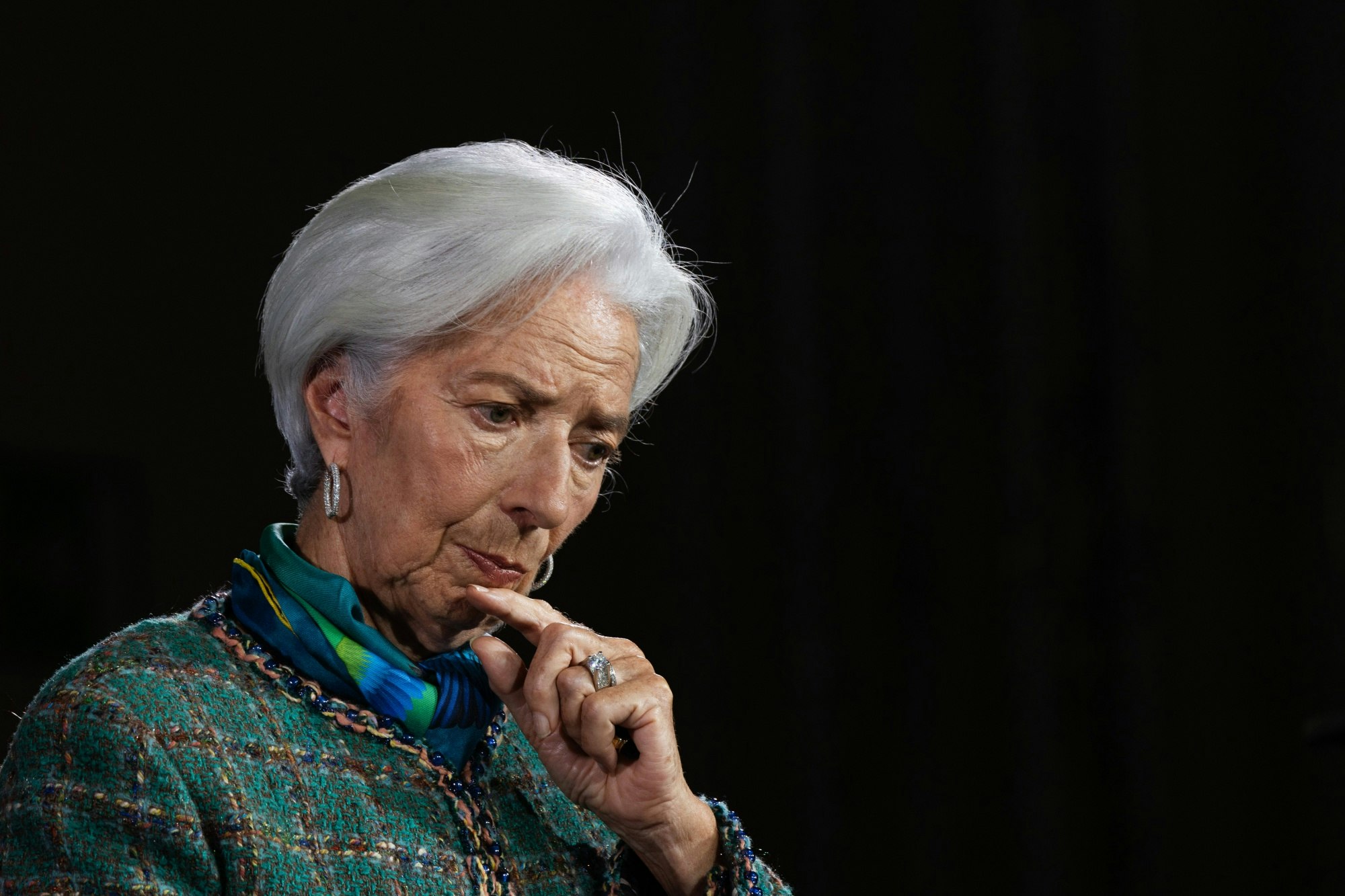The European Central Bank (ECB) has lowered its key interest rate by 0.25 percentage points and reduced the deposit rate to 3.50 percent. The central bank announced this on Thursday in Frankfurt. At the same time, the main refinancing rate and the marginal lending rate fell more significantly – by 0.60 percentage points each – as part of a technical adjustment.
The ECB's Decision Follows a Series of Monetary Policy Measures Aimed at Stabilizing Inflation in the Euro Area at the 2 Percent Target. The Reduction of Interest Rates Signals a Loosening of Monetary Policy to Support Economic Activity. While the Deposit Rate is Currently Considered the Most Important Monetary Policy Instrument of the ECB, the Interest Rates for Refinancing Operations Also Recorded Significant Adjustments.
The main refinancing rate, traditionally considered crucial for lending in the Eurozone, has lost significance due to alternative monetary policy measures. Banks, which have high liquidity reserves due to bond purchases and crisis loans, have used it less frequently in recent times. In contrast, the deposit rate has gained importance and significantly influences interest rates for savings deposits and loans.
Despite the interest rate cut, experts are divided. While Silke Tober from the IMK would have favored a more significant cut to better support the economy, ifo President Clemens Fuest warned of persistent inflation risks, especially in the service sector.
The ECB views the current steps as necessary adjustments to continue pursuing monetary policy objectives in an uncertain economic environment.







